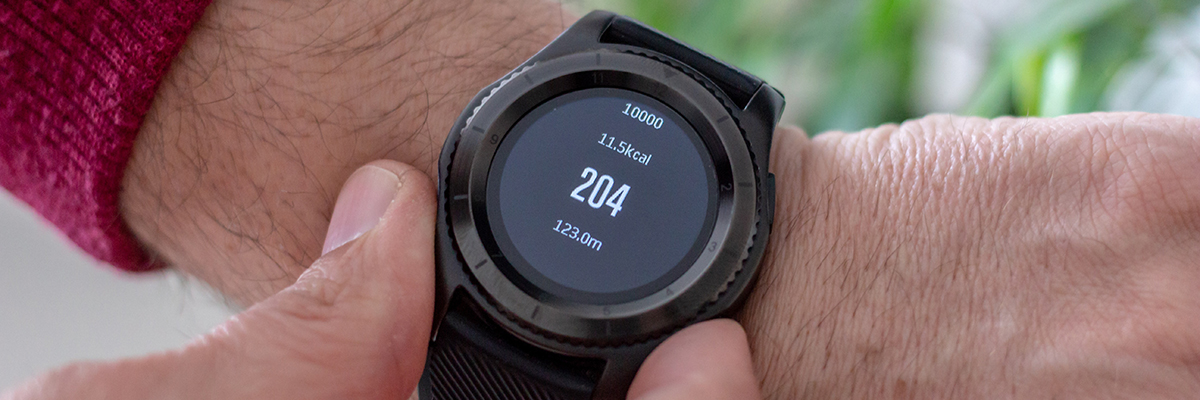

|
||||||
This specialised course has been designed to give you industry-relevant knowledge and understanding, along with practical skills and attributes which will support your progression to Higher Education or within the sports science or sports therapy sector.
This Sports Science & Therapy qualification requires you to apply your learning to bring together knowledge and understanding with practical and technical skills. You will explore the human anatomy as well as the physiology behind sport and exercise. You will develop specialised practical skills within fitness training, biomechanical analysis and sports massage. You will learn how to diagnose and treat a variety of sports injuries, assess and analyse an athletes performance, as well as researching and conducting a sports science project. This two-year qualification is wide-ranging and equivalent in size to three A Levels.
Five GCSEs including Science, English Language and Mathematics at grade 4 or above.
On this two-year course, you will study the following 13 units:
– Sport and Exercise Physiology
– Functional Anatomy
– Applied Sport and Exercise Psychology
– Field and Laboratory-based Fitness Testing
– Applied Research Methods in Sport and Exercise Science
– Coaching for Performance and Fitness
– Biomechanics in Sport and Exercise Science
– Specialised Fitness Training
– Research Project in Sport and Exercise Science
– Sports Massage
– Nutrition for Sport and Exercise Performance
– Technology in Sport and Exercise Science
– Sports Injury and Assessment
The course will include lectures, set assignments and individual study.
To support this, you will have the opportunity to learn in the Sports Laboratory where you will have access to high-quality equipment, such as Douglas Bags for gas analysis to enable you to establish oxygen consumption during exercise, along with the cycle ergometer to complete tests such as the Wingate Test which will enable you to measure peak anaerobic power and capacity.
In addition to this, you will learn in the sports massage room which simulates a sports therapy clinic environment. It is fully equipped with massage couches where you will be able to treat your peers. There is also availability to work pitchside, diagnosing and treating acute sports injuries.
This is mostly a theory-based course and the coursework demands can be quite intense at times and in order to support your academic studies you will have lessons and workshops in all your subjects with specialist staff.
You will work through a continuous programme and be assessed through a range of assessment types which involve synoptic, internal and external assessments. These will include assignments, class activities, practical tasks, voluntary work and completion of an independent research project.
You will have the opportunity to progress to Higher Education to study sports therapy, sports science, sports management and sports medical science and ultimately to employment in sports science or the sports therapy sector.